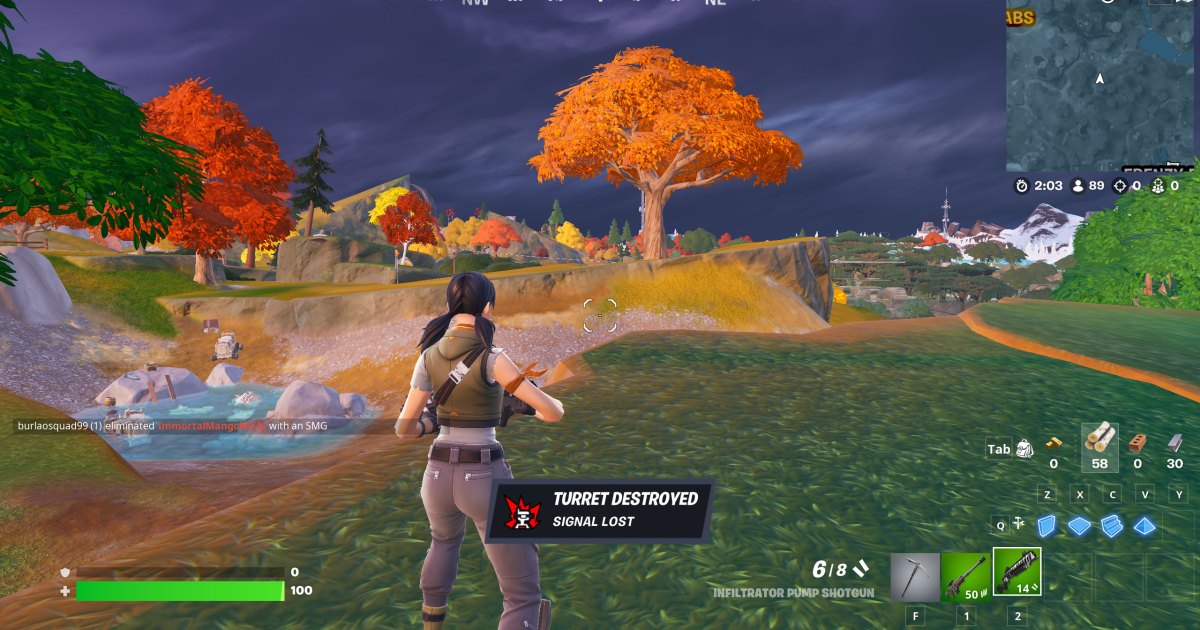FTC issuing $72 million in refunds over ‘unwanted’ Fortnite purchases
Epic Games, Fortnite, Gaming, NewsNo one will argue that Fortnite is a money-printing machine, but some of its practices went too far with the way it pressured players into spending their hard-earned dough, and now the United States Federal Trade Commission (FTC) is issuing more than $72 million in refunds to affected players across the country. If you’re eligible for the refund, you’ll be notified in the coming weeks, and you can expect an average payment of around $114, according to VGC.
Epic Games came under fire for this current situation back in 2022 when the publisher was accused of violating the Children’s Online Privacy Protection Act (COPPA) along with accusations of tricking players into making unwanted charges. The FTC said Epic Games “used dark patterns to trick players into making unwanted purchases and let children rack up unauthorized charges without any parental involvement.” Epic agreed to pay over $500 million to settle the complaints brought by the FTC.
Fortnite is already expected to generate more than $5 billion in revenue by the end of 2024. One of the many ways which Fortnite entices people to spend money on cosmetics is through a FOMO-based system. A particular outfit might come to the shop once and never return; if you don’t buy it then, you could never have another chance. On some occasions a skin will return later, but it doesn’t always happen.
And considering the average price of a Fortnite skin is anywhere from 800 to 2,000 V-Bucks (the game’s premium currency with an exchange rate of roughly $1 to 125 V-Bucks), you might spend as much as $16 or $17 on a skin — not to mention the fact that you have to purchase V-Bucks before you can buy the skin, and the smallest amount you can buy is 1,000 V-Bucks for $9. If you want a 2,000 V-Buck skin, you’ll either have to buy that package twice (totaling $18), or you can buy the 2,800 V-Bucks bundle for $23.
Please enable Javascript to view this content
It’s a brilliant way to market in-game cosmetics, but it does have a predatory nature to it that children are particularly vulnerable to. With Fortnite releasing more children-oriented content like the upcoming Brick Life expansion, kids will be even more exposed to these practices — and it’s important that safeguards are in place.
